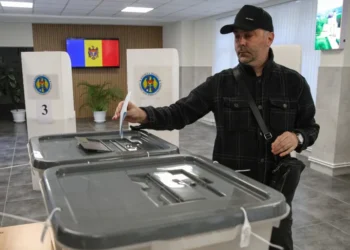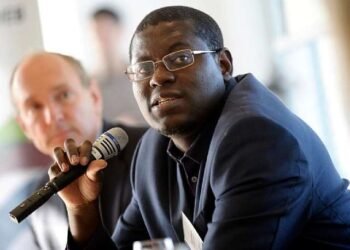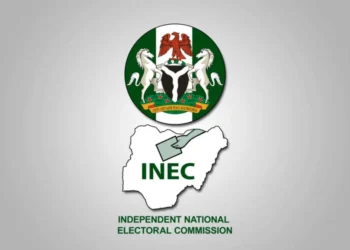Sudan’s Prime Minister Kamil Idris is set to retain ministers from Darfur’s armed groups in his new cabinet, signaling a political concession aimed at preserving the fragile 2020 Juba Peace Agreement.
Prime Minister Kamil Idris, who assumed office last month after a prolonged vacancy, is in the process of forming a new administration. Sources familiar with the consultations revealed that Idris was advised to avoid removing ministers from the Darfur groups after their leaders signaled frustration over rumoured changes.
Mohamed Zakaria, spokesperson for the Justice and Equality Movement (JEM), one of the most influential factions, reinforced their commitment to the agreement, stating: “We are fully committed to the Juba Peace Agreement… including the executive positions established under it.”
The decision means JEM’s leader, Gibril Ibrahim, will maintain his role as finance minister, while the heads of the minerals and social welfare ministries — also from the signatory groups — will continue in office, sources added.
Idris had reportedly proposed decoupling economic planning from the finance portfolio to create a separate national economic council, but this was rejected by powerful elements within the Port Sudan-based administration, highlighting internal resistance to change even within transitional institutions.
Under the terms of the Juba Peace Agreement, signatory movements were allocated 25% of executive positions — a framework meant to stabilize regions long devastated by war and political marginalization.
JEM Ministers Retain Key Portfolios
While Idris seeks to maintain cohesion with armed movements inside the government, external opposition continues to grow. The Civil Democratic Alliance “Somoud” has announced that it will not recognize Idris’s administration, further widening the rift in Sudan’s fractured political landscape.
Somoud is led by former Prime Minister Abdalla Hamdok and has emerged as a key player in advocating for civilian governance. Last week, the group finalized a political proposal to resolve the ongoing war between the Sudanese Armed Forces and the Rapid Support Forces (RSF), a conflict now in its 14th month.
A senior Somoud official, requesting anonymity, confirmed that their plan would not be submitted to Idris’s Port Sudan-based cabinet. “Somoud does not recognise any government formed in Port Sudan or anywhere else inside the country,” the official stated.
Bakry Eljack, the group’s spokesperson, said the final version of the peace plan would be presented directly to the leadership of the army and the RSF. He also noted that consultations with other political actors were underway before finalizing the document.
Currently on a diplomatic outreach mission, Somoud leaders are visiting African capitals to build support for their roadmap to peace. Eljack confirmed a meeting with South African President Cyril Ramaphosa in Pretoria and stated that Morocco would be the next destination on their diplomatic itinerary.

Meanwhile, Sudan’s foreign ministry, controlled by the army-appointed administration, rejected any foreign engagements with Somoud. This rebuke underscores the tensions between internationally backed civilian coalitions and entrenched military rule.
Somoud’s leadership is predominantly in exile, operating from Egypt, Uganda, Ethiopia, and Kenya — a reflection of the difficult political environment in Sudan, where armed conflict and divided loyalties have hindered meaningful national dialogue.
Since April 2023, the war between the Sudanese Armed Forces and the RSF has resulted in mass displacement, economic collapse, and thousands of casualties. Despite repeated international calls for a ceasefire, neither side has signaled a genuine willingness to lay down arms.
As Sudan’s political factions navigate fragile alliances and contested legitimacy, the preservation of ministerial positions for Darfur groups appears to be a strategic move to maintain a semblance of stability within a nation on edge.
READ ALSO: MP Petitions Mahama On LGBTQ Concerns



















